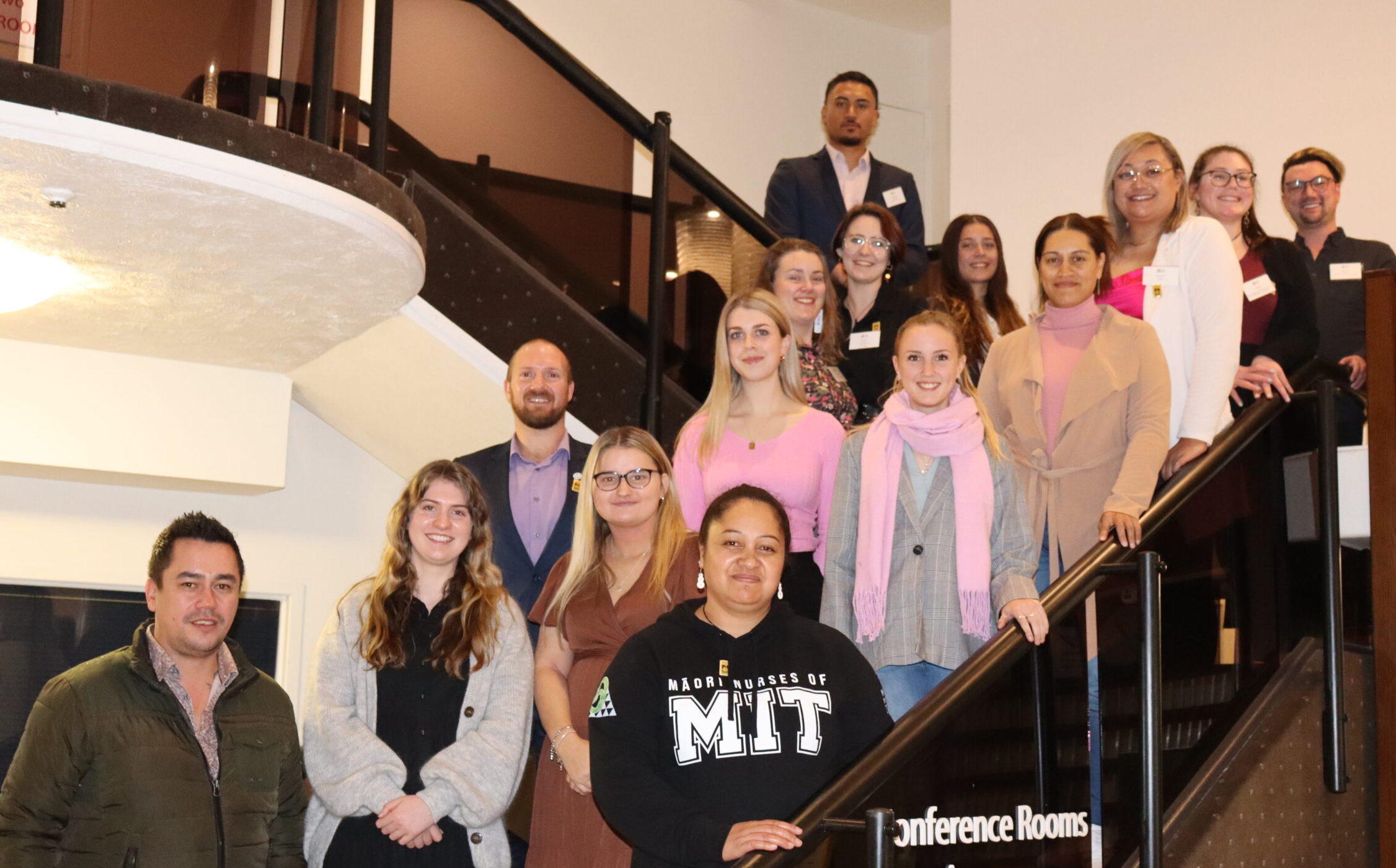
Australian professor of nursing Debra Jackson defines resilience as “the capacity of individuals to withstand significant change, adversity or risk and is enhanced by protective factors within individuals and environments.” 1
We can all agree that significant change has happened in light of the COVID-19 pandemic. Resilient nursing student cohorts have seen, and continue to see, constant adaptation becoming the new normal.
Student and school leaders hui
NZNO’s National Student Unit (NSU) committee recently held a hui with the heads of nursing schools nationwide. After research last year2 suggesting nearly a third of students were dropping out part way through their studies — with even higher rates for Māori (33 per cent) and Pasifika (37 per cent) — one of the questions we challenged the school leaders with was: “What is causing our nursing student colleagues drop out part way through their three-year or 18-month programmes?” We were met with a plethora of rationales, most challenging, some disturbing — however all were realistic about today’s financial, social, political and academic climate.
What is unfortunate about this sad fact, is that some of our most beautiful people are putting themselves forward to help treat our country’s most vulnerable.
Money pressure
The most common factor for tauira neehi (student nurses) not completing their study was financial stress, ranging from the cost of studying through to the cost of living while studying. The cost of studying is growing ever higher and tauira neehi are taking on bigger student loans which in turn are taking longer to pay off. Many are not entitled to the student allowance and must apply for living costs through their student loan, making their burden of debt even higher. Once they have graduated, this can handicap them and we can see why studying in today’s world is becoming less appealing.
Inflation
Let’s double down on this with the cost of living while studying. Inflation — as measured by the CPI (consumers’ price index; a way of measuring inflation by recording changes in costs of household goods and services) — has almost doubled since this time last year to 7.3 per cent.
Yet through resilience, I persevere. I suppose I’m getting myself ready for when I do graduate and get a pay rise from nothing to next-to-nothing as a new graduate nurse.
One might ponder, as a student nurse, why is the CPI relevant to me? This time two years ago, CPI was just another meaningless acronym you heard people say. Today I feel I have a deeper understanding. As it has for everyone, the higher cost of living has pushed up the cost of my everyday commodities — food, fuel, heating — making it less affordable to live as tauira.
Government funder StudyLink’s current model has many barriers to accessing a student allowance. Should you be eligible, it is still debatable whether you would have enough putea (money) to allow you to fully focus on full-time study, without having to pick up work to meet the increased living costs.
Whānau
So far I have painted a picture of the pohara (penniless) tauira — this is the real world for most (myself included.) Yet through resilience, I persevere. I suppose I’m getting myself ready for when I do graduate and get a pay rise from nothing to next-to-nothing as a new graduate nurse.
In reality, nursing, for me, is not about the money. However, in that same reality the money I earn is what sustains me and my whānau. But what does studying look like on the whānau front? Another top reason we are seeing tauira neehi drop out is commitments to the whānau — providing for and spending time with tamariki (children).
Bullying

Sadly, racism, discrimination and bullying rear their ugly faces in tauira circles. What is unfortunate about this sad fact, is that some of our most beautiful people are putting themselves forward to help treat our country’s most vulnerable. But because of experiences within their learning environments, they themselves become vulnerable and discouraged. This is not acceptable in any space, placement or workplace.
We in the NSU have spoken at length about breaking the barriers to being a student nurse. Lowering the financial burden would be a great start — how that looks exactly is mahi we plan to continue. I am hopeful that with your support, we will rise together — Maranga Mai!
I hope that, with our efforts, future tauira find the struggle less, allowing them to focus on becoming Aotearoa’s next top model. . . I mean nurse.
I leave you with the NSU whakatauki: He tapuhi. He tīpuna. He atua. Nurses are likened to their tīpuna and atua; their work is divine.
Manu Reira, (Ngati Kahungunu ki te Wairoa), is Te Rūnanga Tauira vice-chair (acting) and representative at the Southern Institute of Technology.
References
- Jackson, D., McDonald, G., & Wilkes, L. (2011). Thriving in the workplace: Learning from innovative practices (p108), in M. McAllister & J. B. Lowe (eds), The Resilient Nurse — Empowering Your Practice. Springer Publishing Company.
- TAS. (2021). The New Zealand Nursing Pre-Registration Education Pipeline. Central Region’s Technical Advisory Services.


